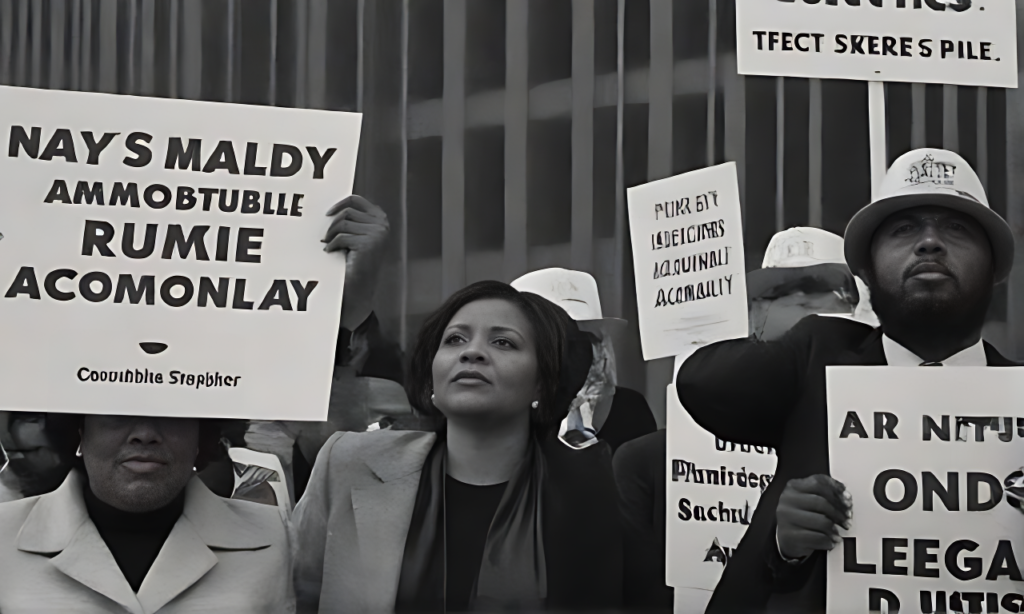Basil Odilim
Today, I was reminded of the judiciary’s apparent disregard for its fundamental responsibilities in a nation purportedly governed by the rule of law.
Since 2019, I have been entangled in a legal battle with the federal government, with seven critical cases awaiting attention. Among these, two have been particularly frustrating. As they were reaching the hearing stage, they were knowingly transferred to another judge in April 2023

Since then, nothing has happened on these cases. These are not just legal disputes; they represent my struggle for justice and accountability. Yet, despite the urgency and significance, our cases have languished without progress. Whenever it’s our turn, the judge conveniently wraps up proceedings for the day, leaving us in a perpetual state of limbo.
These cases have profound implications not just for me, but for the broader public interest. The issues at stake affect countless Nigerians who look to the judiciary as the last bastion of hope in the face of governmental overreach. Yet, this familiar refrain by government officials—”Go to court”—rings hollow when the courts themselves are complicit in delaying justice.
In an effort to seek redress, I have written two letters to the Chief Judge of the Federal High Court, Abuja, outlining the delays and pleading for intervention. Despite the gravity of the situation, I have received no response. It seems that everyone is afraid of the Justices, a fear that underscores the power dynamics and lack of accountability within our judicial system.
A strong and impartial judiciary is sacrosanct to the functioning of a democratic society. It is the cornerstone that upholds the rule of law, protects individual rights, and ensures that justice is accessible to all.
When the judiciary fails in its duties, it erodes public trust, undermines democratic governance, and allows injustice to flourish.
My personal ordeal has been a journey of frustration and disillusionment. The endless waiting, the mounting legal costs, and the emotional toll have been overwhelming.
It’s disheartening to see how the system is designed to wear down those who dare to challenge the powerful, making a mockery of the notion of equal justice under the law.
But these challenges have not deterred me; they have only fueled my determination to succeed. One day, when I inevitably achieve success elsewhere, they will realize that their actions have only strengthened my resolve.
Like Peter’s brothers, their actions have prepared me to never again be naive or foolish in wanting to help what I once called my nation. I am destined for greatness, and I am determined to build a future of wealth and influence.
When I am successful, I will share my story, and those who contributed to my predicament will experience their own reckoning. Every action has an equal reaction, and justice will prevail in due time.
Everyone who stands in my way, directly or indirectly, should know that their actions come with a price—a price my loving Father has never stopped imposing on those who seek to fight me for no just cause.
What those perpetuating this dysfunction fail to realize is that we are all passengers on this sinking ship called Nigeria. While a few may escape unscathed, most will inevitably face the consequences of this systemic collapse. The judiciary’s indifference to its duty undermines the very fabric of our society and erodes public trust in our institutions.
The judiciary cannot continue to operate with such callousness and expect that the reckoning of karma will never arrive. The foundation of any just society lies in a judiciary that upholds the law with integrity and impartiality.
My personal ordeal is a testament to the urgent need for profound change in our judicial system. For the sake of our nation’s future, we must demand accountability and reform, ensuring that justice is not just a privilege for the few, but a guaranteed right for all..